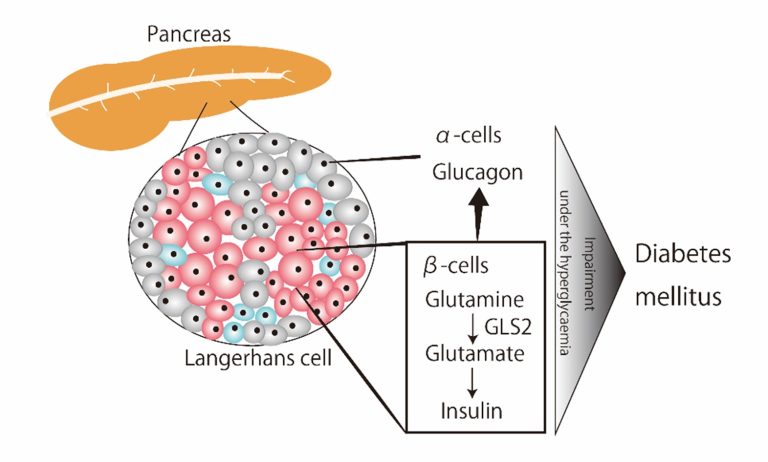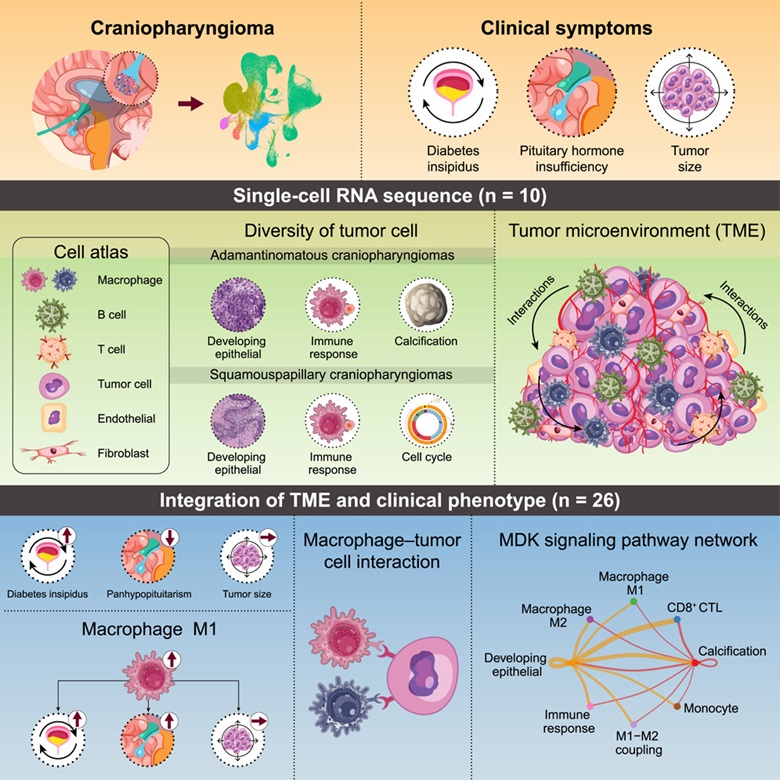Elucidation of novel molecular pathophysiology of diabetes based on type 2 innate lymphocyte diversity and organ characteristics and its application to drug discovery

-
- Principal Investigator
Professor / Tomoaki TANAKA
- Affiliation
Graduate School of Medicine, Chiba University
Researchmap
ORCID ID
- Principal Investigator
Type 2 innate lymphoid cells (ILC2) are known to be involved in pathologies such as asthma and allergic reactions. Recent several lines of evidence have revealed that they have multifaceted roles in pathophysiology, such as improving metabolic functions in adipose tissue or arterial hardening, making them a subject of great interest.
Our research team focused on the fact that the liver contains many immune cells and is an insulin-targeted organ where external antigens and high concentrations of nutrients (metabolites) flow in from the intestine. As a result, we discovered that ILC2s present in the liver inhibit glucose release via IL-13 production, an important intercellular communication molecule in the immune network system, leading to lowering blood glucose. However, it is still unknown why ILC2 in the liver has a glucose metabolism-improving effect and what the mechanism behind it is, as well as the diversity of ILC2 in different organs.
In this study, we aim to clarify the diversity and organ-specific characteristics of ILC2 using single-cell analysis and anatomical characterization focusing on insulin-targeted organs (fat, liver, muscle), especially the liver, and analyzing intercellular interactions. Additionally, we will analyze the transcriptional complexes of ILC2 to develop new pathophysiological control methods and drug development foundations for diabetes.
Furthermore, we aim to combine in vivo metabolic flux analysis of organs and animal models with GATA3 transcriptional complex analysis of ILC2, using single-cell multi-omics and spatial transcriptomics. We will verify the insights obtained from mice by examining human liver and adipose tissue. Ultimately, our goal is to propose new drug discovery strategies based on the novel immune-metabolic regulatory mechanisms captured by the transcriptional complex network.



